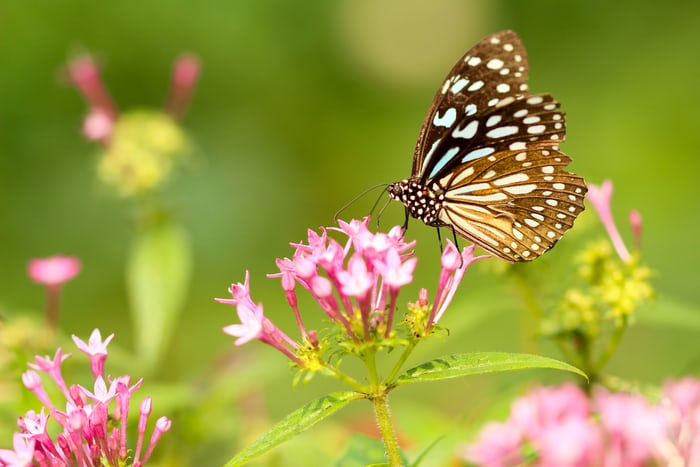How Spring Manifests in the Doshas
Ayurveda says every dosha or functional principle in our body goes through a series of changes during every season. The doshas go through a cycle of accumulation, aggravation and coming back to balance, naturally as the seasons change. For example, Kapha dosha is accumulated in late winter, aggravated in the spring and comes back to its natural balance during summer. Hence, Spring is a high Kapha season where - no matter what unique constitution or Prakruti you have - Kapha dosha will naturally be aggravated in every constitution. This natural aggravation can be more bothersome to a Kapha prakuti person as they already have higher levels of Kapha dosha (i.e water and earth elements).
If you are in tune with your body and mind, you will observe that your system naturally asks for cleansing during spring. That is the reason why people feel like cleaning everything around them as soon as spring hits. This season is quite challenging as our doshas are utterly confused on where to settle down in our body due to the erratic temperatures. Spring is a transitional period from cold to hot weather which leads to a certain level of chaos in our body that can affect most of our systems. Kapha dosha’s place of work is the upper body - chest, lungs, head, sinuses...hence everyone is more susceptible to respiratory disorders during this period. Also, Kapha being a slow, dull and a heavy dosha can affect our digestion and metabolism in turn affecting our immunity and vitality. Our bodies naturally start holding onto water and fat a lot more during spring. Fluctuation in body weight is quite common in this season.
It behooves everyone to keep the Kapha in check using certain Ayurvedic principles. Ayurveda, works on the principle "like increases like and opposites balance." To balance the Kapha dosha we need to follow the diet and lifestyle that is opposite to the qualities of Kapha.
Balancing Kapha
Here are some helpful Ayurvedic tips to balance Kapha prakuti in the spring. Following these recommendations will also strengthen your respiratory system and support your digestive fire during this transition season:
- Eat a warm, cooked diet. Raw and cold meals can put extra pressure on the digestive fire creating a lot of digestive toxins in the gut that can decrease immunity.
- Resist the urge to eat heavy, oily, deep fried food, sweets, bakery goods and heavier carbs.
- Avoid watery and heavy fruits like watermelon, grapes and cucumber.
- Exercise at least 30 minutes a day to counteract the dull, lethargic quality of Kapha. Avoid exercising outside in the cold, which can aggravate Kapha and make your respiratory system more prone to infections and allergies.
- Use warming (thermogenic) spices in your cooking. Cinnamon, cardamom, ginger, cumin, coriander and turmeric support your digestive fire and help your immune system. Spices also keep your metabolism active that helps to maintain a healthy weight during spring.
- Drink only warm water or teas. Cold drinks can aggravate the Water and Earth elements in your body, clogging the subtle channels that can then lead to sinus infections, runny nose, congestion and other respiratory issues.
- Keep your nasal passages well oiled and moist to avoid allergies. Use Nasya oil (available at Wellness Minneapolis), 2-3 drops of ghee or plain sesame oil to do Nasya. Administering oil drops in each nostril help coat the nasal passages to avoid allergens sticking to the nasal cavity.
- Spring is the most ideal season to do an Ayurvedic mono-diet kitchari cleanse to reset and rejuvenate. Always do a cleanse under the guidance of an Ayurvedic practitioner.
If you can keep your Kapha dosha in check during spring then it is the most enjoyable and a pleasant season that brings a lot of growth, nourishment, stability and utmost relaxation. Transition is inevitable but supporting your body through this change is completely doable, this is where Ayurveda can be very beneficial.


 RSS Feed
RSS Feed